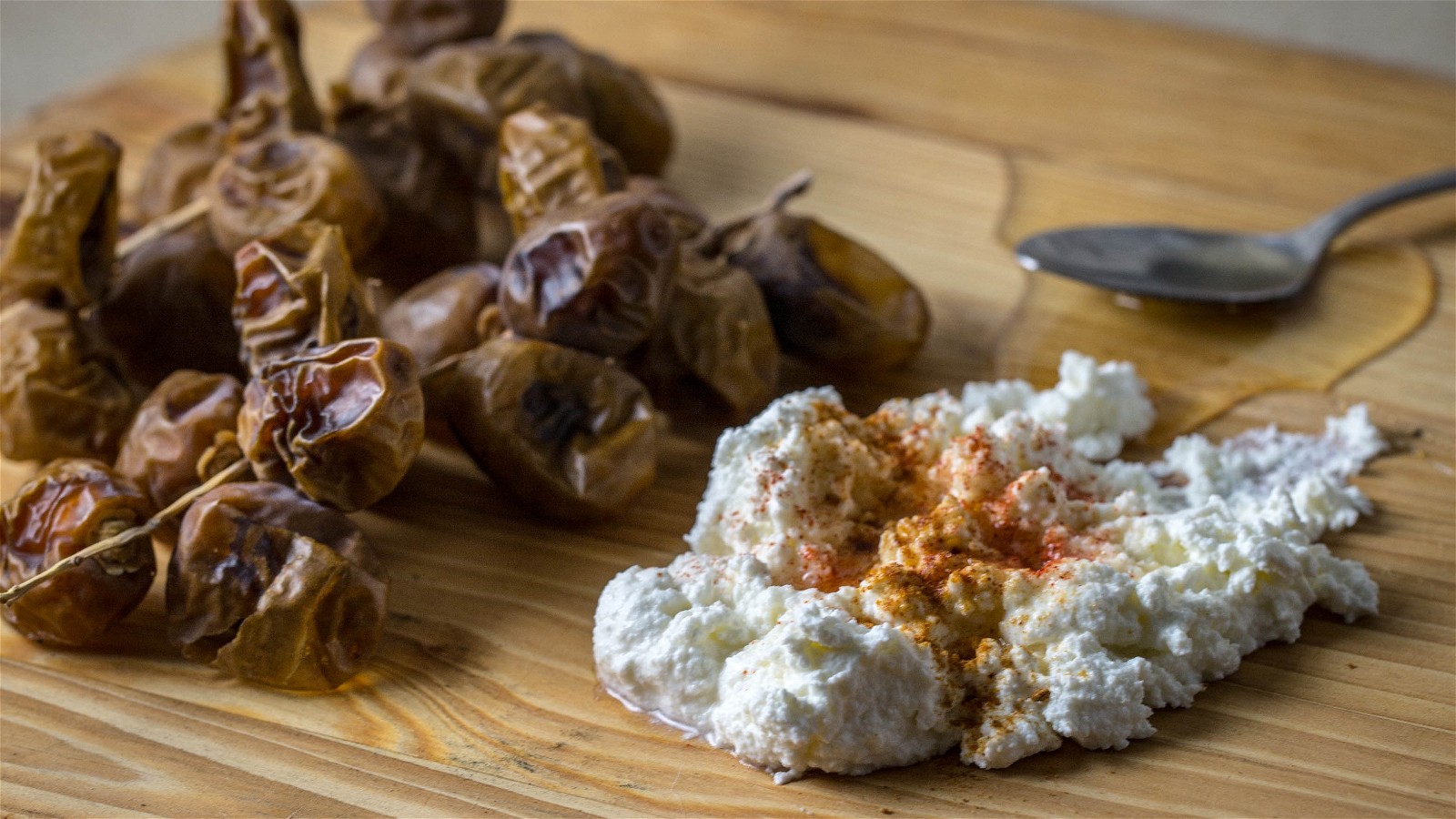Looking for a cheesemaking recipe that’s perfect for beginners? Try this easy, quick whole-milk ricotta recipe, one of the easiest cheeses to make at home. Want to make it even easier? Pick up a cheesemaking kit to jumpstart your new hobby.
Ricotta Recipe with Citric Acid
Rated 3.7 stars by 11 users
Category
Cheesemaking
Servings
4
Prep Time
20 minutes
Cook Time
40 minutes
This ricotta recipe is the perfect introductory cheese if you are just starting to learn about cheesemaking at home. It is fresh, bright, and ready in under an hour.
In addition to this citric acid-set ricotta, our Italian Cheesemaking Kit has all the ingredients needed for making fresh mascarpone, mozzarella, and burrata at home.
Don't have this kit or citric acid at home? Try our Buttermilk Ricotta Recipe instead. Supermarket buttermilk is substituted for citric acid as the coagulant.
Jessica Sennett

Ingredients
1/2 gallon (2 L) pasteurized whole milk
1/4 cup (59 mL) heavy cream (optional)
-
1 teaspoon citric acid
1/2-1 teaspoon cheese salt
Stock pot
Rubber spatula
Cheese basket
Cheese cloth
Equipment
Directions
In a pot, over medium-low heat, add milk and cream (if using) and bring to 185° – 195° F (85° – 90° C), occasionally stirring with rubber spatula and scraping the sides and bottom of the pot.
Once at temperature, remove from heat, add 1 teaspoon (5 ml) citric acid to milk. Mix thoroughly and let sit while milk separates into curds and whey, about 10 - 15 minutes.
Line a cheese basket with cheese cloth, and place over a large bowl.
Pour curds and whey into lined cheese basket. Discard whey (or reserve it for another project).
Sprinkle 1/2 teaspoon (2.5 ml) cheese salt over draining curds and gently stir to incorporate.
Drain 15 - 20 minutes or until desired firmness is reached.
Transfer finished ricotta to a bowl. Enjoy right away or store in the fridge.
Recipe Note
If you make an incredibly large batch of this Ricotta, you can try you hand at salting, pressing, and curing a wheel of the fresh cheese in your fridge with our Ricotta Salata recipe.

4 comments
Hi Corina! We are referring to powder so one teaspoon works great!
Is the citric acid liquid or powder? If I have powder, would I use 1 tspn?
Hi Cheryl! Ideally it would be pasteurized or raw milk and not ultra-pasteurized. UP milk has less calcium chloride in it due to the high heat treatment during pasteurization. Calcium chloride is a binding agent for cheesemaking, so sometimes UP milk yield little to no curd.
Does it matter if the milk is ultra pasteurized for this? I made it with UP milk & it was good but wanted to make sure…
Great recipes on here!
Leave a comment